Chaotic neutral. bi. writer. The (b)log of everything that catches my magpie-ish fancy. How many fandom references in your bio is too many?
228 posts
Latest Posts by gallifreyan-consulting-criminal - Page 8
Another daunting thought that came across me multiple times, is the foolish want of straight forward words, harsh might they be, in every charged situation. But I know that this isn’t practical.
Read whole post here

Couldn't help but reblog





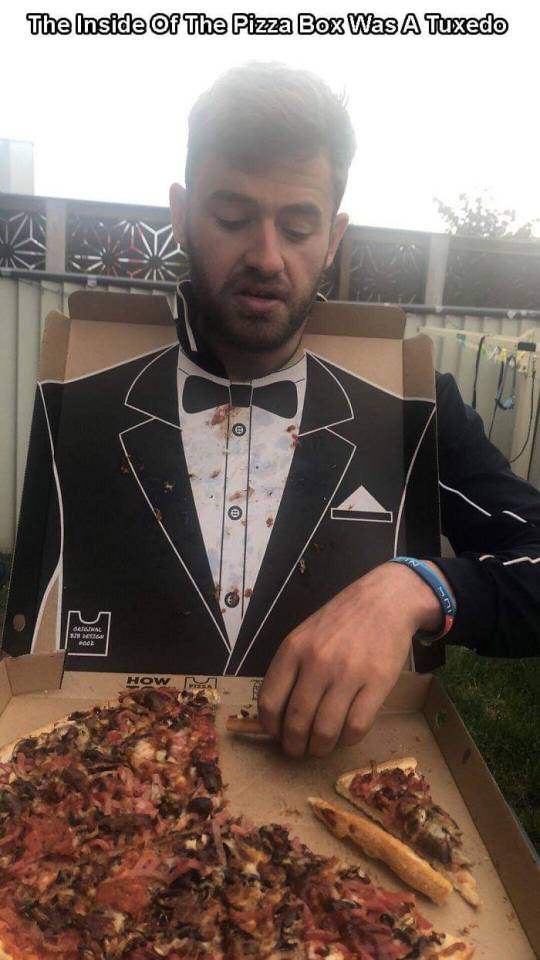


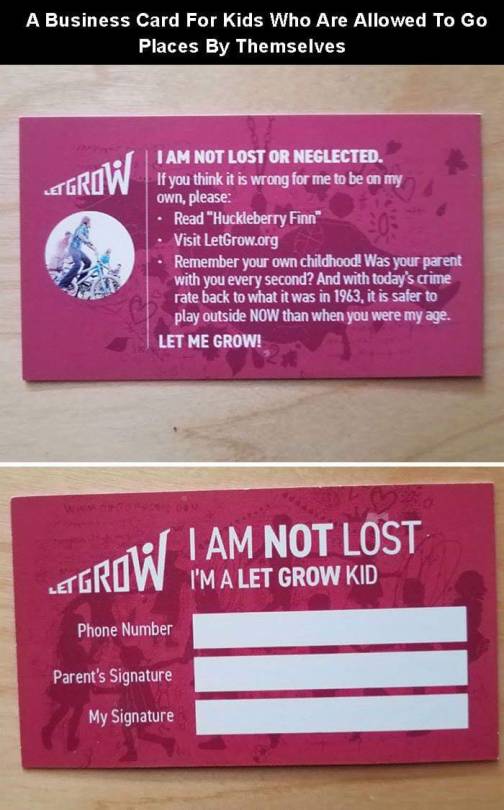









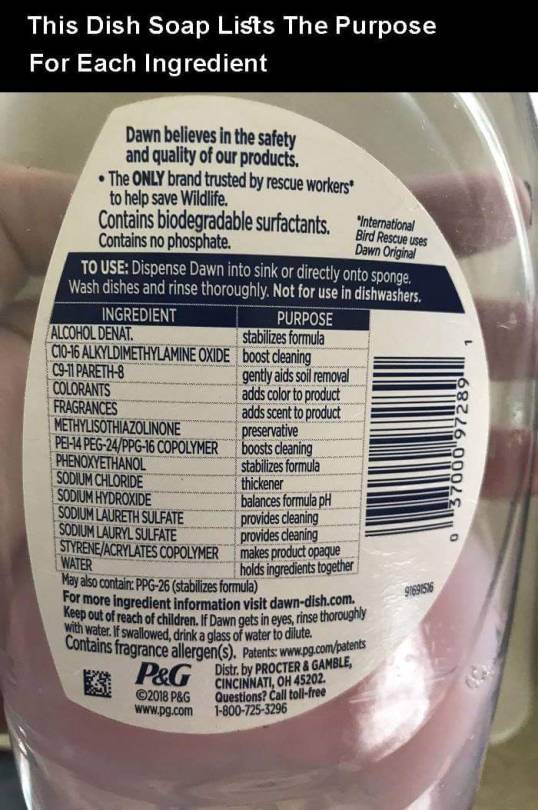

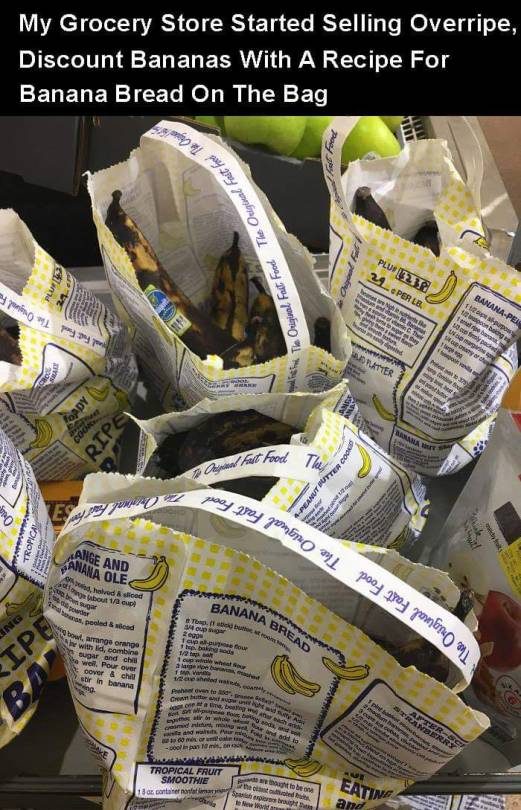



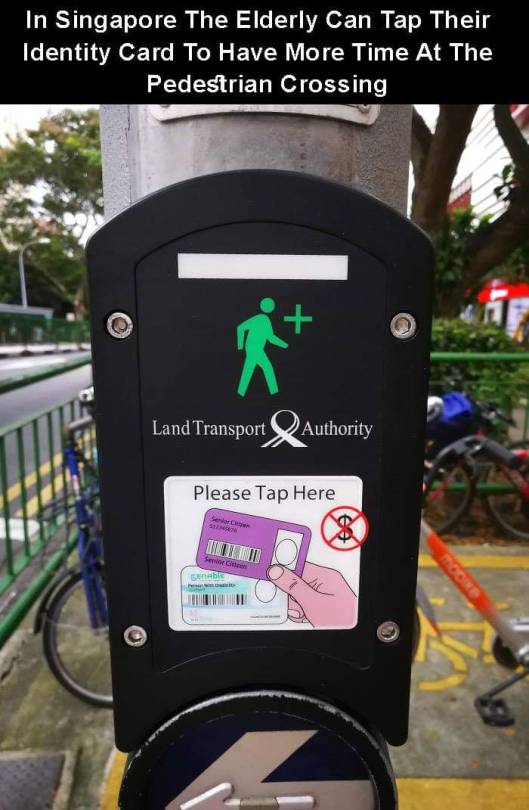






My blog. Do check it out.
❗AVOID THESE PEDOPHILES AT ALL COSTS! ❗
I was scrolling through Tumblr and came across a post of KNOWN PEDOPHILES ON TUMBLR (many of which have or want to rape actual children/minors)
THERE ARE ACTUAL PEDOPHILES ON TUMBLR TRYING TO GET IN TOUCH WITH MINORS ON TUMBLR
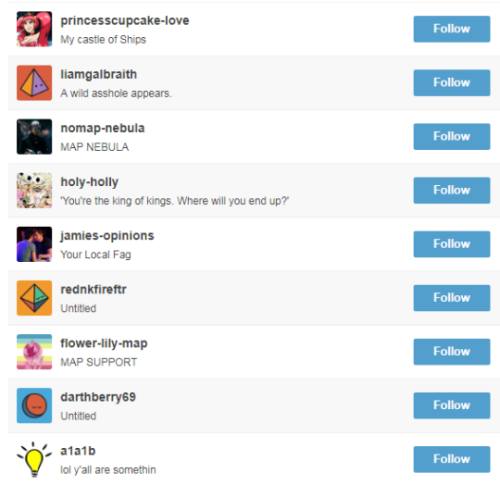

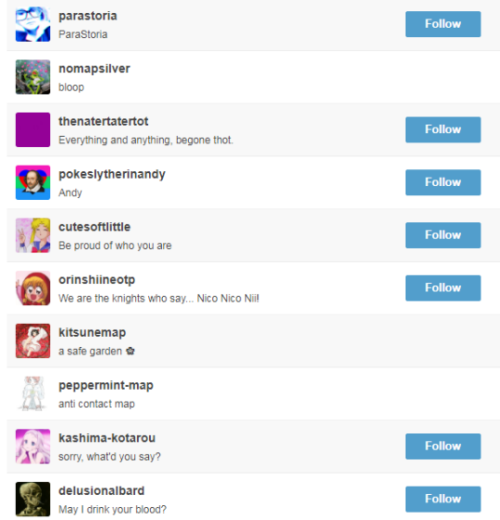
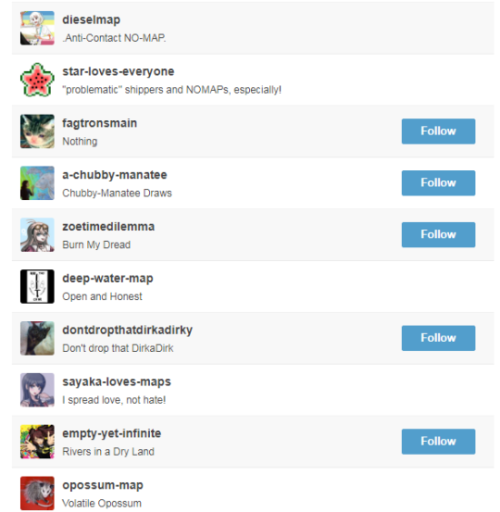
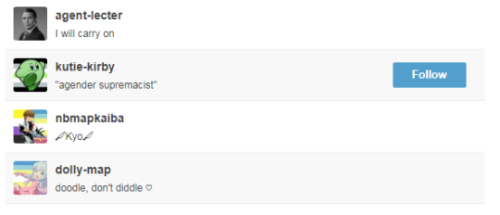
PLEASE SIGNAL BOOST THIS LIST AND KEEP OUR MINORS SAFE
A research tip from a friendly neighborhood librarian!
I want to introduce you to the wonderful world of subject librarians and Libguides.
I’m sure it’s common knowledge that scholars and writers have academic specialties. The same is true for subject librarians! Most libraries use a tool called Libguides to amass and describe resources on a given topic, course, work, person, etc. (I use them for everything. All hail Libguides.) These resources can include: print and ebooks, databases, journals, full-text collections, films/video, leading scholars, data visualizations, recommended search terms, archival collections, digital collections, reliable web resources, oral histories, and professional organizations.
So, consider that somewhere out there in the world, there may be a librarian with a subject specialty on the topic you’re writing on, and this librarian may have made a libguide for it.
Are you writing about vampires?
Duquesne University has a guide on Dracula
University of Northern Iowa: Monsters and Religion
Fontbonne University has a particularly good one on Monsters, Ghosts, and Mysteries
Washington University in St. Louis: a course guide on Monsters and Strangeness
How about poverty?
Michigan State: Poverty and Inequality with great recommended terms and links to datasets
Notre Dame: a multimedia guide on Poverty Studies.
Do you need particular details about how medicine or hygiene was practiced in early 20th century America?
UNC Chapel Hill: Food and Nutrition through the 20th Century (with a whole section on race, gender, and class)
Brown University: Primary Sources for History of Health in the Americas
Duke University: Ad*Access, a digital collection of advertisements from the early 20th century, with a section on beauty and hygiene
You can learn about Japanese Imperial maps, the American West, controlled vocabularies, Crimes against art and art forgeries, anti-Catholicism, East European and Eurasian vernacular languages, geology, vaudeville, home improvement and repairs, big data, death and dying, and conspiracy theories.
Because you’re searching library collections, you won’t have access to all the content in the guides, and there will probably be some link rot (dead links), but you can still request resources through your own library with interlibrary loan, or even request that your library purchase the resources! Even without the possibility of full-text access, libguides can give you the words, works, people, sites, and collections to improve your research.
Search [your topic] + libguide and see what you get!
reblog if you’re a safe place for:
lesbian
gay
bisexual
transgender
queer
pansexual
demisexual
ace
hopeless romantics
cis-men
cis-women
non binary folks
the whole spectrum etc…
follow everyone who reblogs ;)
Do you ever read so much gay fanfiction that you forget that straight people are a thing because I sure do
How. The. Heck. Did they go through multiple dancing lessons without having The Conversation? Like literally how
Skittles, your guess is as good as mine, to be very honest.
Like, can you imagine how much Sherlock was dying inside, but still doing it all in hopes that John would ask Sherlock for one last dance at the wedding; and John just trying to convince himself that it’s for the best that he never told Sherlock… that he’s actually happy with Mary?
Can you imagine the wistful touches, hands “accidentally” slipping to the nape of a neck, or under a shirt on the hip, or at the top of a bum?
Can you imagine the glow of candles reflecting in each other’s eyes, each staring deep into the other’s eyes, wanting to say all the things they meant to say?
Can you imagine Sherlock being able to feel John’s pulse in John’s palms, and John seeing it on Sherlock’s neck?
Can you imagine the words ALMOST slipping out, but both too scared to lose what they have? Trying to convince themselves that this is enough?
Can you imagine them struggling to separate each night? Foreheads touching, fingers brushing against knuckles and thumbs rubbing on palms? Breathing each other’s air, lips SO CLOSE that they can almost taste the kiss that they will never share?
Can you imagine how long John takes to leave waffling between the door and his jacket, and then lingering on the stairs as the stare at each other, watching each other as John leaves? And Sherlock watches John leave down the street until John is out of sight?
Can you imagine?
Can you.
CAN YOU.
Reblog this if you’re a female INTJ
A period of mental standstill between one ponderous spark and another is an excruciating time, where your head is muddled and foggy but give in to it.
For light is light only after darkness.
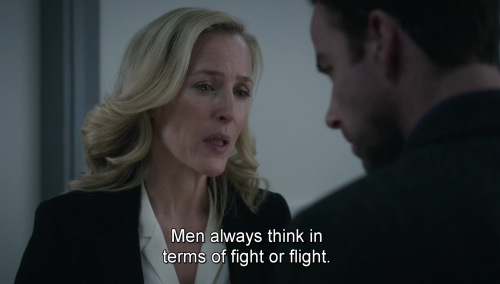
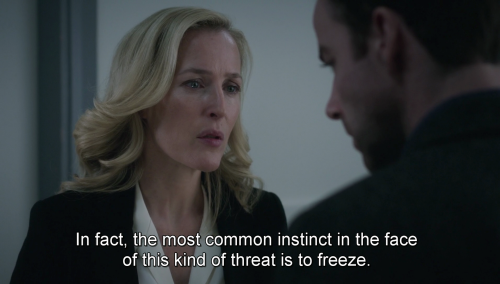
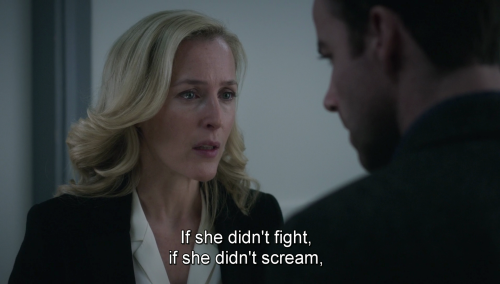
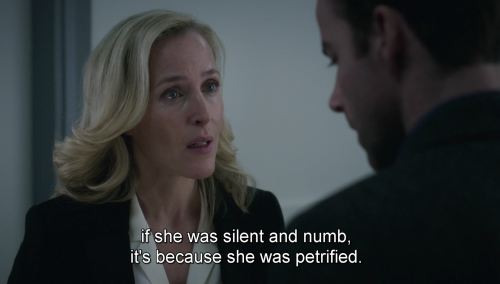
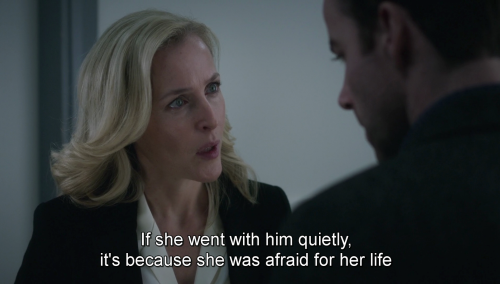
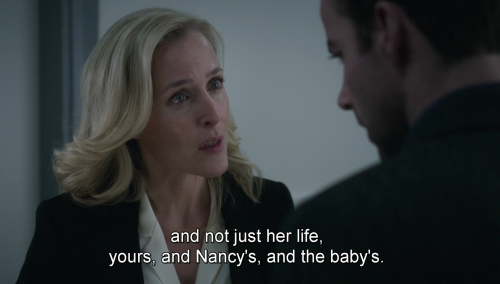
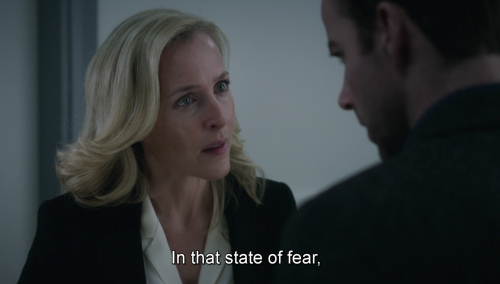
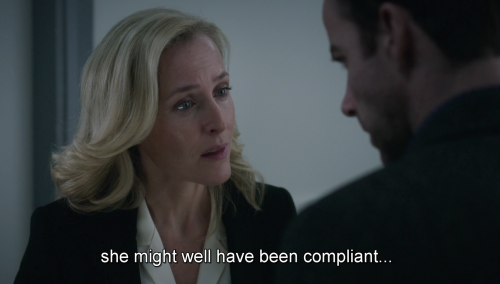
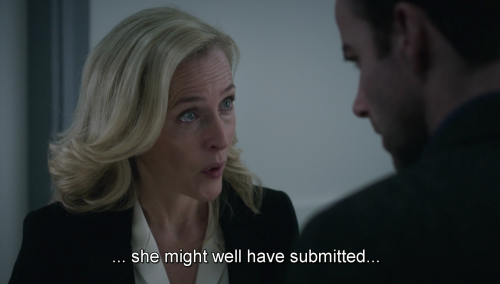
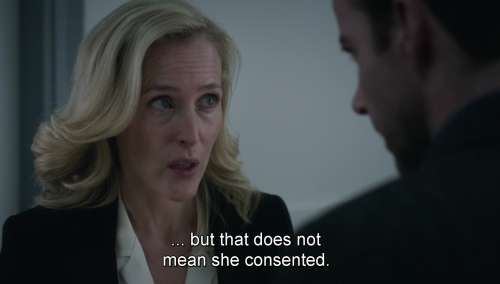

Cauchy-Lorentz: “Something alarmingly mathematical is happening, and you should probably pause to Google my name and check what field I originally worked in.”
Curve-Fitting [Explained]
DEAR RESEARCHERS OF TUMBLR
You know what’s awesome? Research. You know what’s not awesome? Not being able to get access to research because it’s stuck behind a paywall and you don’t belong to an institution/your institution doesn’t subscribe to that particular journal.
FEAR NOT.
Here is a list of free, open access materials on a variety of subjects. Feel free to add if you like!
GO FORTH AND LEARN SHIT, MY FRIENDS.
Directory of Open Access Journals- A compendium of over 9000 journals from 133 countries, multilingual and multidisciplinary.
Directory of Open Access Books- Like the above, but for ebooks. Also multidisciplinary.
Ubiquity Press- Journals covering archaeology, comics scholarship, museum studies, psychology, history, international development, and more. Also publishes open access ebooks on a wide variety of subjects.
Europeana- Digital library about the history and culture of Europe.
Digital Public Library of America- American history, culture, economics, SO MUCH AMERICA.
Internet Archive- In addition to books, they have music and videos, too. Free! And legal! They also have the Wayback Machine, which lets you see webpages as they looked at a particular time.
College and Research Libraries- Library science and information studies. Because that’s what I do.
Library of Congress Digital Collections- American history and culture, historic newspapers, sound recordings, photographs, and a ton of other neat stuff.
LSE Digital Library- London history, women’s history.
Wiley Open Access- Science things! Neurology, medicine, chemistry, ecology, engineering, food science, biology, psychology, veterinary medicine.
SpringerOpen- Mainly STEM journals, looooong list.
Elsevier Open Access- Elsevier’s kind of the devil but you might as well take advantage of this. Mainly STEM, also a linguistics journal and a medical journal in Spanish.
List of bisexuals whose identities are erased by the media.
P!nk
Anne Frank
Megan Fox
Billie Joe Armstrong
Snooki
Drew Barrymore
Angelina Jolie
Azealia Banks
Kesha
Fergie
Lady Gaga
Madonna
Clive Davis
Anna Paquin
Bai Ling
Carrie Brownstein
Evan Rachel Wood
Amber Heard
Frenchie Davis
Vanessa Carlton
Jillian Michaels
Freddie Mercury (debatable, but considering he had had a long-term relationship with Mary Austin and he tended to keep quiet on matters of his private life, we’ll never know for sure)
All or which have either been given the name “gay” or “straight“ by the media despite coming out. There are more than two sexualities and this is a fact that most people (even on Tumblr nowadays) forget. People tend to assume that since someone is with a person of the same gender, they’re gay. (Or vice versa in Angelina or P!nk’s case) This is incorrect to assume because you’re erasing their identities in the process. The people on this list aren’t gay or straight, they’re bisexual. No matter how much the media tries to erase that.
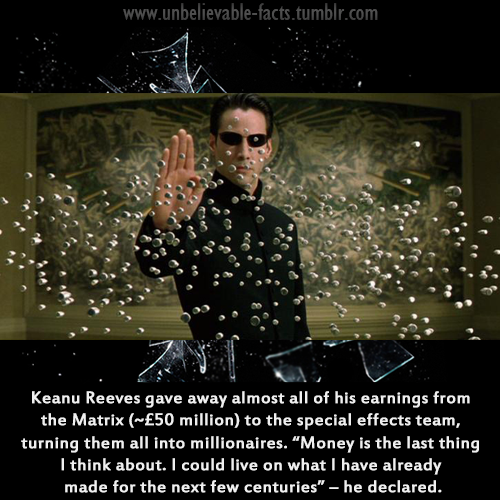
Man of the moment Keanu Reeves has shown his generosity by giving away £50 million of his earnings from the Matrix sequels. The 38-year-old decided to hand over the money to the unsung heroes of the sci-fi blockbusters - the costume and special effects teams.
Absolutely Worthy price of art
Sorting hat quizzes be like
How do you brush your teeth?
a) Bravely

b) While eating sweets

c) While reading a book

d) I’m a snake

(Reenacted this HP post y’already know about :))
This.
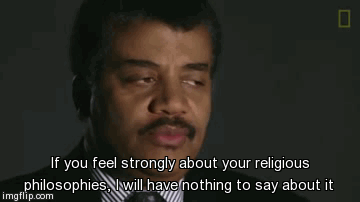
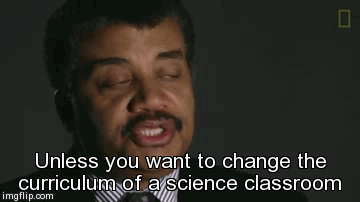
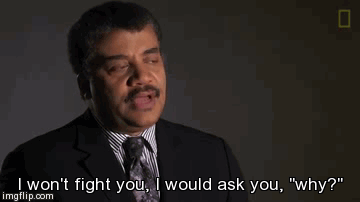
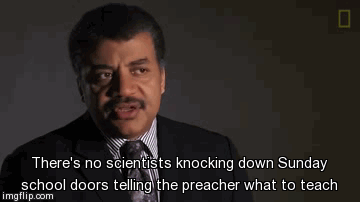
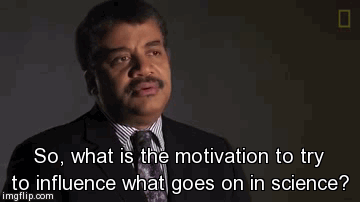
Neil deGrasse Tyson talking about creationism, science celebrities and kids on National Geographic. Watch the full video here.
Cobb's limbo
Inception ends in a cliffhanger. Where the totem spins and is about to stumble (or not). The intensity of such an uncertainty is paramount, but we did make our peace with it. It's a unique feeling of homecoming that plays with our minds, when he ignores the totem and proceeds greet his children. For in his mind, he's home. Not the physical presence, but the mental satisfaction. Limbo it might be, but he's not leaving. For he's where he feels home, the place he has built, nurtured and guarded. This is his zero. His beginning. His end. Our limbo is the reflection of our circle of comfort. Our view of what makes us feel at home. Getting out of it is the real world. The adventure. The difficulty of surviving. So do you stay in limbo? Do you leave? Or do you bring in new elements in and make then your own?
Make-believe
It’s an underrated word to describe the most powerful tool of mankind. Imagination. The ultimatum of creativity. No two conjured images will ever be the same. One can build a whole universe while on a 10 minute bus journey. That which gave us the happiness of discovering Hogwarts, the glory of finding the ring, or the triumph of winning the hunger games. Creation, is right here. This is genesis and destruction. Beginning and the end. Just one single idea. And the world, as we know it, has changed.